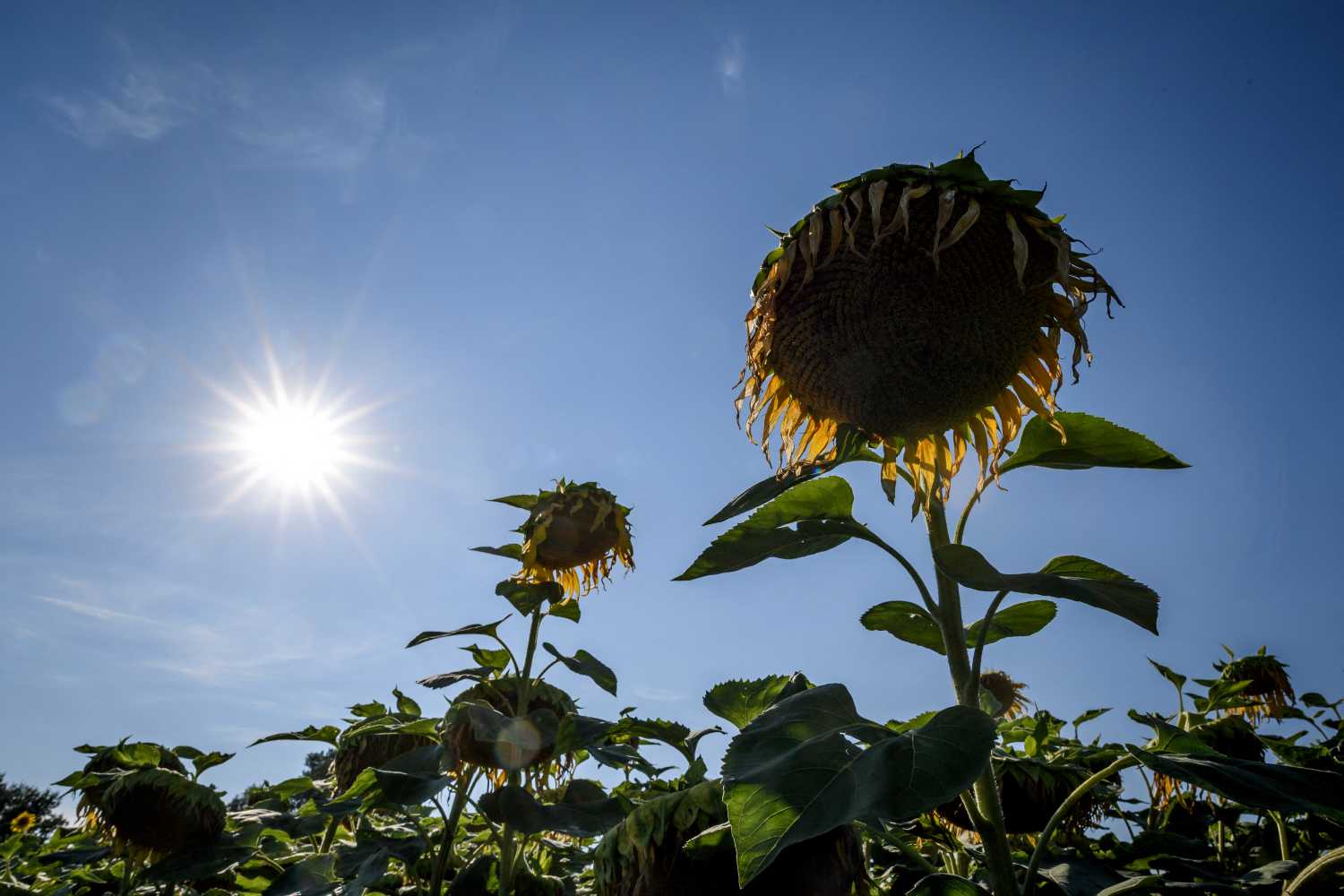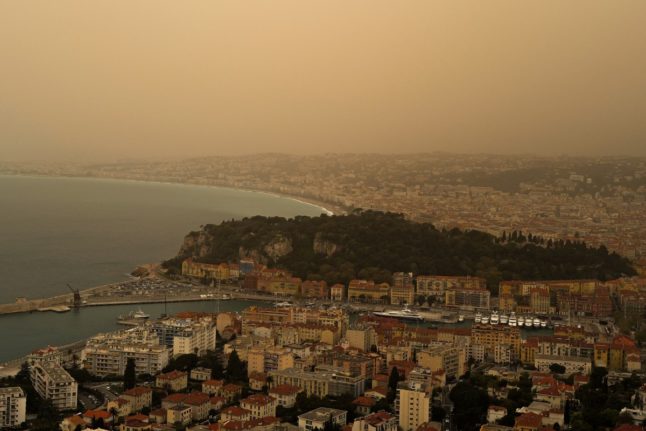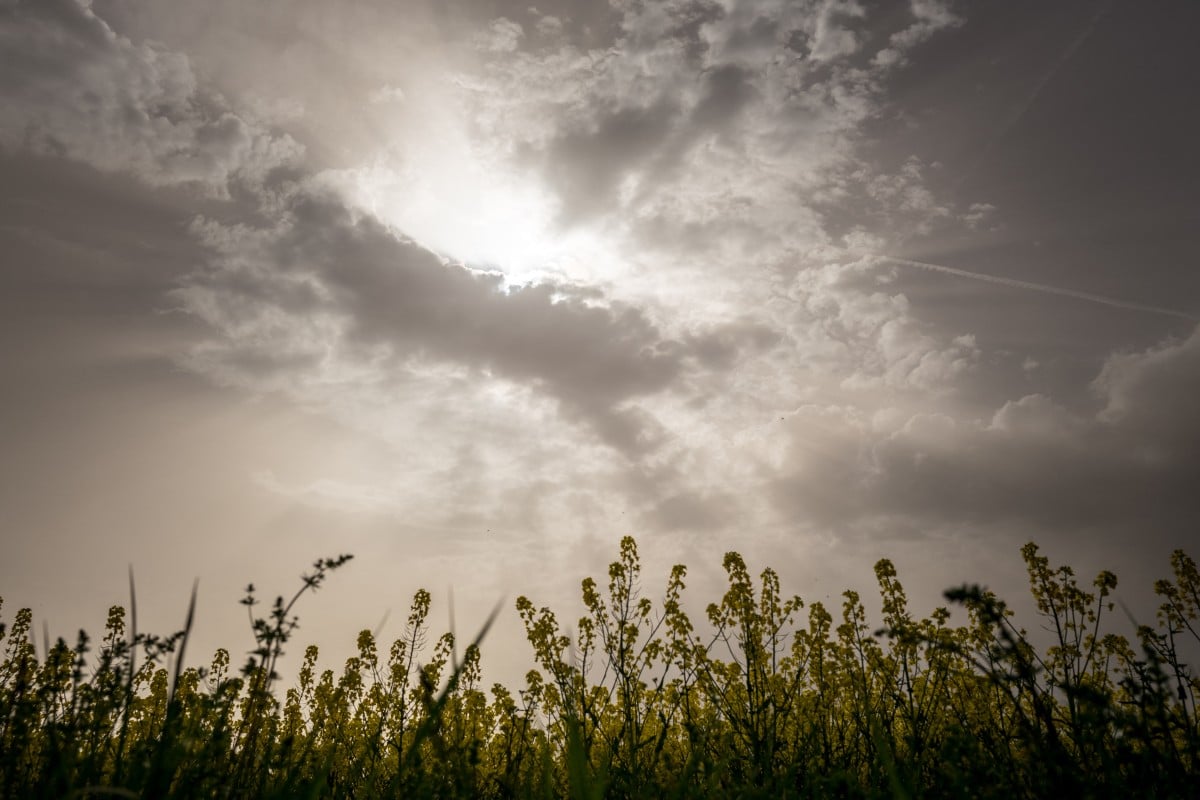Temperatures of up to 18 degrees are predicted for several parts of Switzerland over the weekend.
On Friday afternoon rain is predicted for much of the northern part of the country, with temperatures hitting maximums of between 11 and 14 degrees.
Am Freitagmorgen im Norden noch dichtere #Restwolken und örtlich letzte #Regentropfen. Tagsüber dann aus Westen immer mehr #Sonne. Im Süden nur wenig Sonne. Mit 10 bis 14 Grad recht mild. Mehr Wetter unter https://t.co/2HbU97BwMO (rv) pic.twitter.com/L4GB1XkBlR
— MeteoNews (@MeteoNewsAG) February 19, 2021
On Saturday, the mercury is expected to climb to 18 across much of the country – including in the major cities.
Sunday is expected to stay mild.
Bad news for hay fever victims
Swiss weather agency MeteoNews warns however that the spring-like temperatures are set to cause havoc for allergy sufferers.
Pollen levels are expected to be high over the weekend – particularly in the north of the country.
Das zunehmend frühlingshafte #Wetter bringt nicht nur Vorteile! Die Konzentrationen an #Pollen steigen in tiefen Lagen auf hohe Werte. Es handelt sich momentan noch um #Hasel– und #Erlenpollen. Das #Biowetter findet man ebenfalls auf unserer Webseite: https://t.co/2HbU97jVoe (rv) pic.twitter.com/nbXcuRQXYb
— MeteoNews (@MeteoNewsAG) February 19, 2021
Winter is coming (again)
Cold air and winds coming from the north and east are expected to start up again on Monday – meaning a return to low temperatures is just around the corner.
The agency is warning Swiss residents to resist the temptation to put the warm jacket away, with double digit minuses predicted for much of the country from Monday onwards.
Der Montag startet im ganzen Land mit #Frost. Zwar nicht mehr ganz so eisig wie gestern, in den höheren Alpentälern aber lokal nochmals mit unter -20 Grad, im Flachland lokal mit -10 Grad. Mit einer #Warmfront steigen tagsüber die #Temperaturen aber in allen Höhenlagen an. (rv) pic.twitter.com/5l6AE7Hbqn
— MeteoNews (@MeteoNewsAG) February 15, 2021




 Please whitelist us to continue reading.
Please whitelist us to continue reading.
Member comments